 A recent Louisiana Court of Appeal for the Fourth Circuit decision has highlighted the complex legal issues surrounding the handling of deceased individuals’ remains, particularly in the context of foster care. The case, involving the parents of a minor child who passed away while in foster care, underscores the challenges in establishing liability against a coroner for the disposition of remains.
A recent Louisiana Court of Appeal for the Fourth Circuit decision has highlighted the complex legal issues surrounding the handling of deceased individuals’ remains, particularly in the context of foster care. The case, involving the parents of a minor child who passed away while in foster care, underscores the challenges in establishing liability against a coroner for the disposition of remains.
In this case, the parents of Eli Simmons, a minor child who died while in foster care, sued various parties, including the Orleans Parish Coroner, alleging negligence in the handling of their son’s remains. The Coroner filed a motion for summary judgment, which the trial court granted, dismissing the parents’ claims.
The parents appealed, arguing that the trial court erred in its decision. However, the Court of Appeal upheld the summary judgment, finding that the parents failed to provide sufficient evidence to support their negligence claims against the Coroner.
 Insurance Dispute Lawyer Blog
Insurance Dispute Lawyer Blog


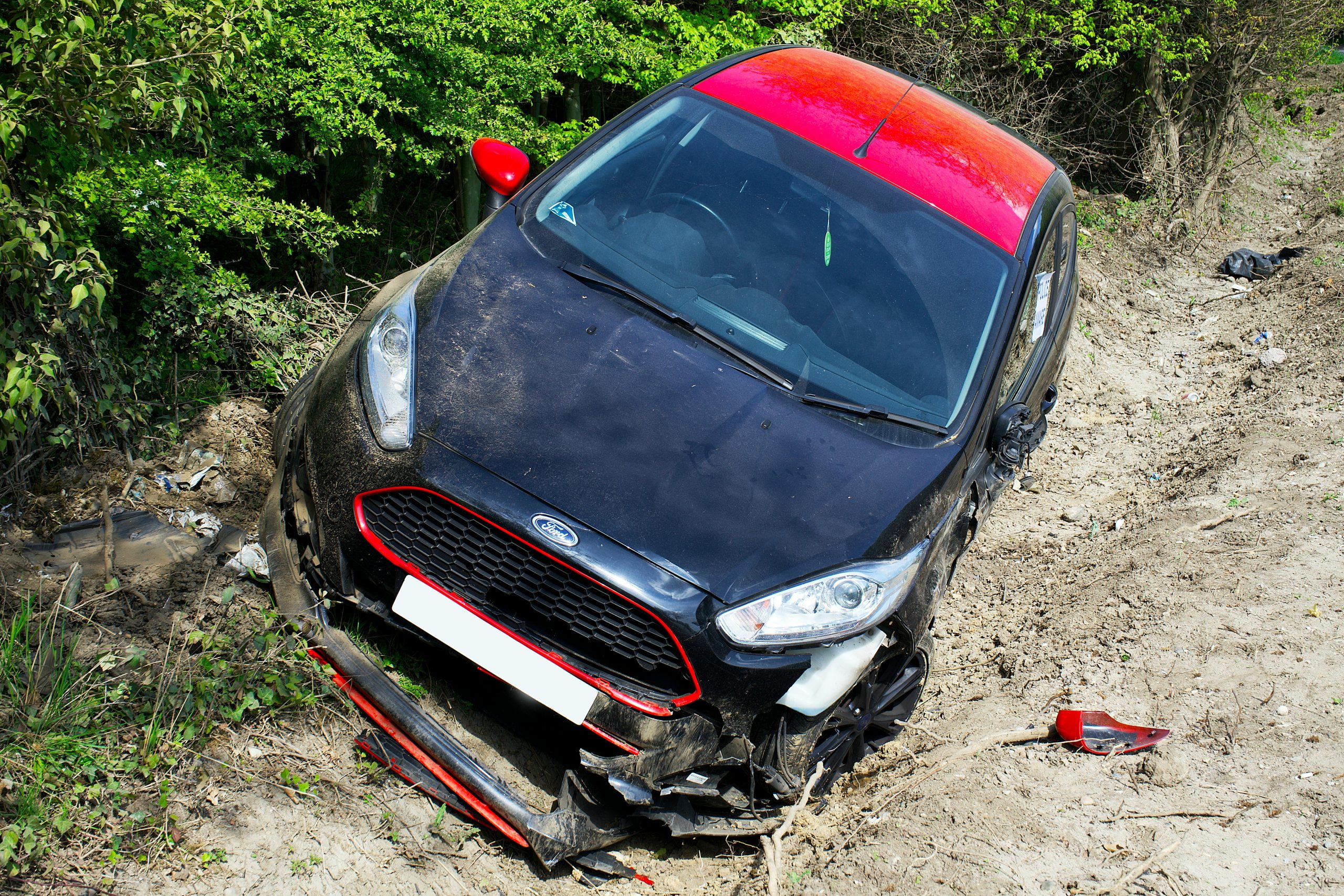 Patricia Spann’s life took a dramatic turn when she lost control of her Chevrolet Cobalt, resulting in a severe accident that left her with multiple fractures and a lengthy hospital stay. She believed the cause of the accident was a faulty power steering system, recently replaced by Gerry Lane Chevrolet as part of a recall. Spann sued Gerry Lane, alleging negligence in the repair and the hiring and training of their mechanics.
Patricia Spann’s life took a dramatic turn when she lost control of her Chevrolet Cobalt, resulting in a severe accident that left her with multiple fractures and a lengthy hospital stay. She believed the cause of the accident was a faulty power steering system, recently replaced by Gerry Lane Chevrolet as part of a recall. Spann sued Gerry Lane, alleging negligence in the repair and the hiring and training of their mechanics.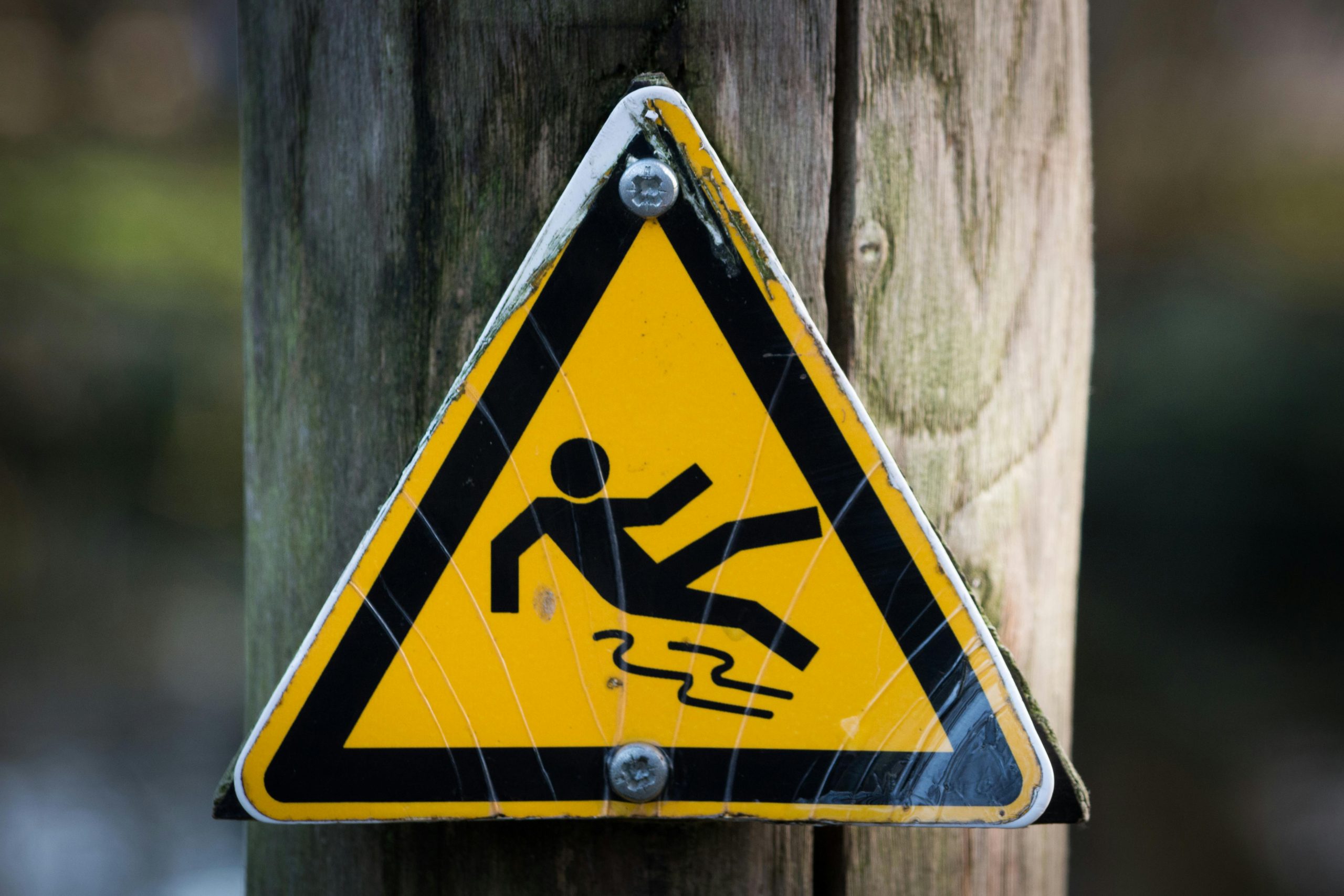 We’ve all heard the phrase “slip and fall,” often in a comedic context. However, slip-and-fall accidents can result in severe injuries and legal battles. The recent case of
We’ve all heard the phrase “slip and fall,” often in a comedic context. However, slip-and-fall accidents can result in severe injuries and legal battles. The recent case of 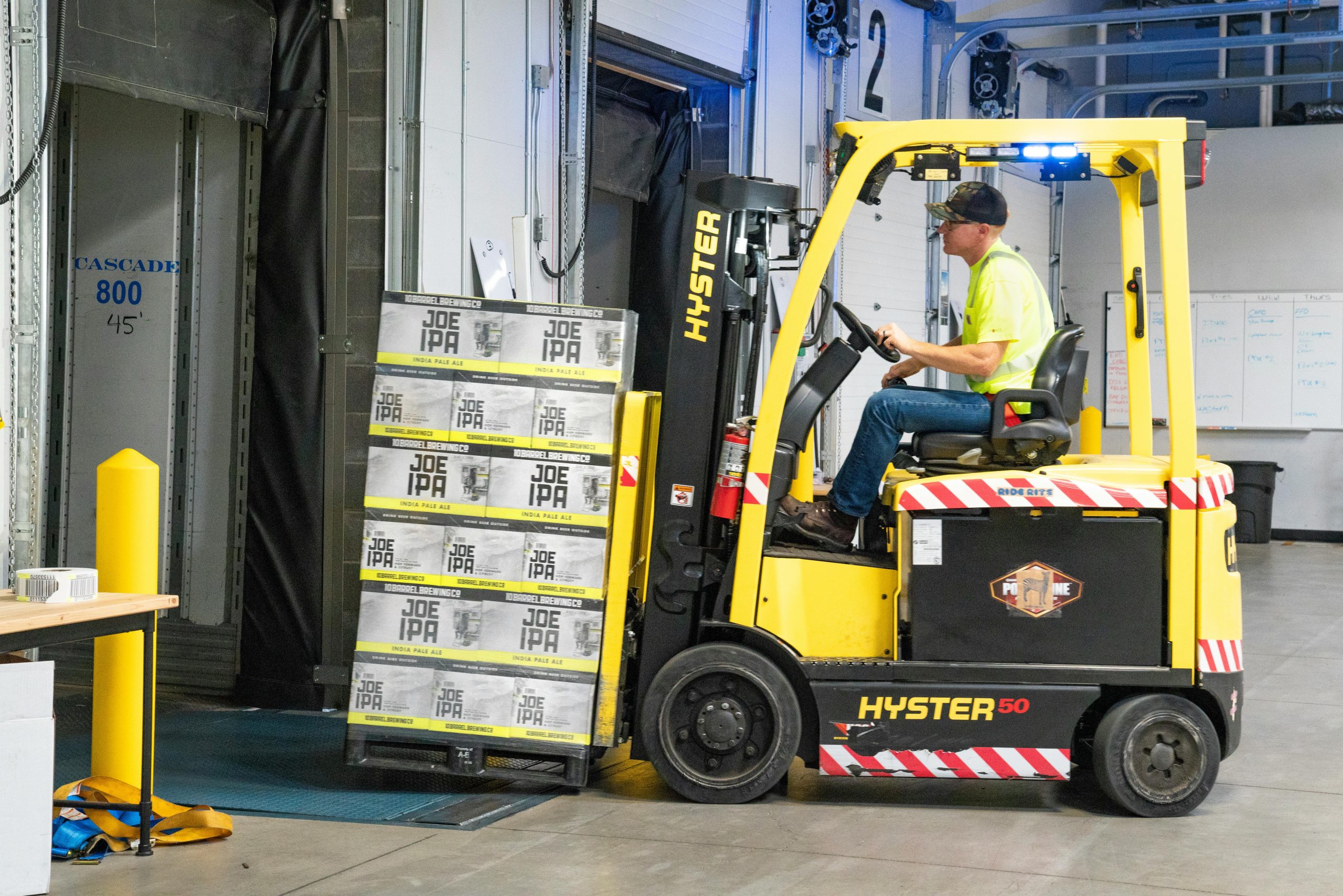 Injuries that occur while an individual is working can devastate the injured party’s life in several ways. Not only does the injured party likely earn less money due to the injury, but other damages, such as medical expenses and loss of enjoyment of life, may also result.
Injuries that occur while an individual is working can devastate the injured party’s life in several ways. Not only does the injured party likely earn less money due to the injury, but other damages, such as medical expenses and loss of enjoyment of life, may also result. David Cox delivered four pallets of shirk-wrapped material for his employer, Southwestern Motor Transport, in June 2012. The delivery location was the Baker Distributing Company warehouse in Shreveport, Louisiana. Baker’s delivery dock did not have a dock plate. A dock plate is a metal bridge connecting a truck’s back to the loading dock. There is an empty space between the back of the truck and the loading dock without a dock plate. In addition, Cox found that the loading dock was cluttered with several objects. Due to this clutter, Cox could not use a forklift to unload the truck.
David Cox delivered four pallets of shirk-wrapped material for his employer, Southwestern Motor Transport, in June 2012. The delivery location was the Baker Distributing Company warehouse in Shreveport, Louisiana. Baker’s delivery dock did not have a dock plate. A dock plate is a metal bridge connecting a truck’s back to the loading dock. There is an empty space between the back of the truck and the loading dock without a dock plate. In addition, Cox found that the loading dock was cluttered with several objects. Due to this clutter, Cox could not use a forklift to unload the truck.  Nurses fighting one another may sound like a scene from daytime television, but unfortunately, this also occurs in real time. When one employee attacks a supervisor, can a supervisor proceed with a lawsuit against the employer? A nursing home in Laplace, Louisiana, recently tried to be dismissed from a personal injury lawsuit regarding two of its employees, stating it could not be vicariously liable. The Louisiana Fifth Circuit Court of Appeal judged this was a question for trial.
Nurses fighting one another may sound like a scene from daytime television, but unfortunately, this also occurs in real time. When one employee attacks a supervisor, can a supervisor proceed with a lawsuit against the employer? A nursing home in Laplace, Louisiana, recently tried to be dismissed from a personal injury lawsuit regarding two of its employees, stating it could not be vicariously liable. The Louisiana Fifth Circuit Court of Appeal judged this was a question for trial. 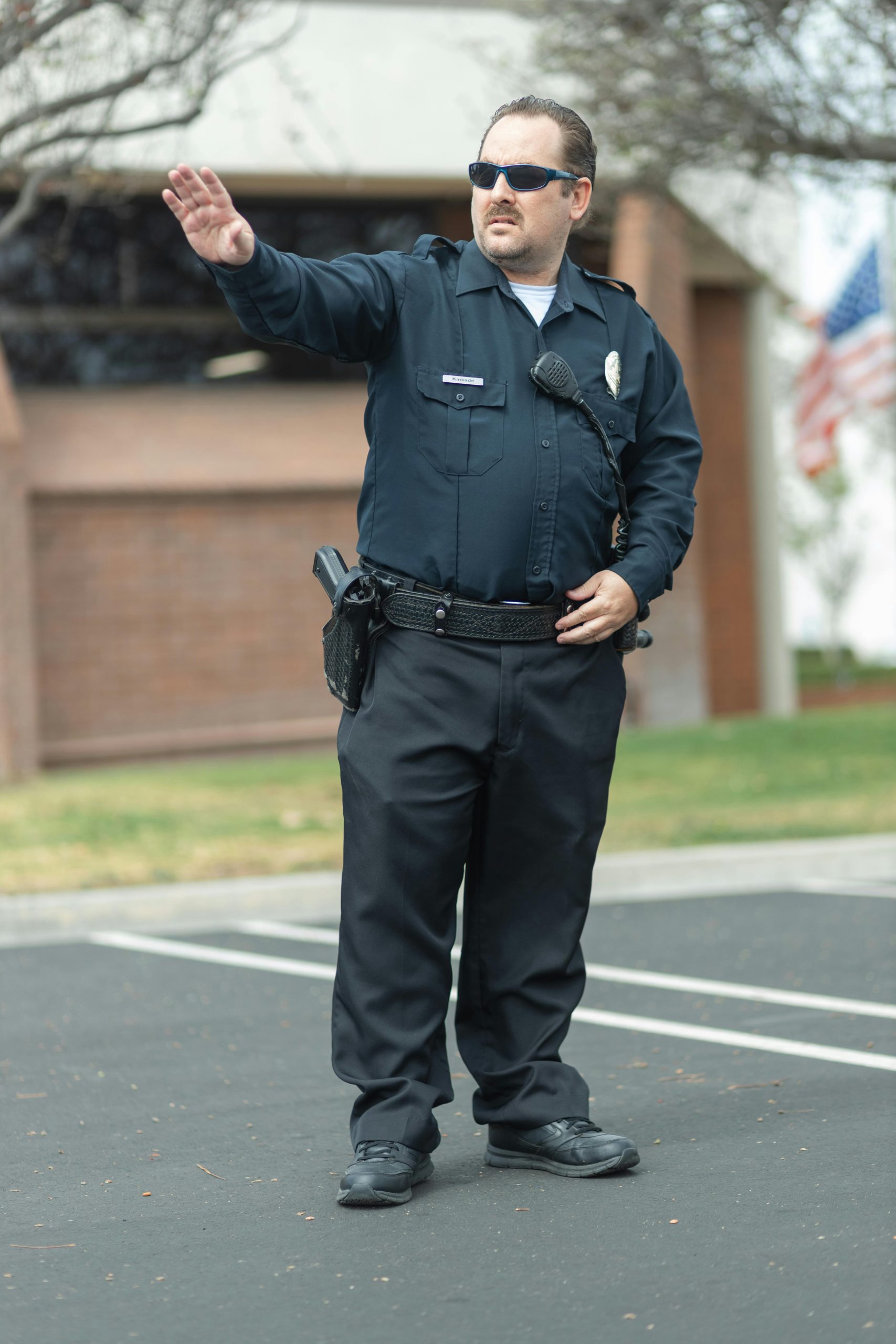 To ensure public trust in law enforcement, local government officials have the power to regulate police officers’ conduct both on and off duty. There are certain lines that police officers should not cross, even in their private lives. The following case shows how the New Orleans Police Department (“NOPD”) can terminate the employment of a long-serving police officer for fighting after a traffic accident and reinforce the high standard they hold their employees to.
To ensure public trust in law enforcement, local government officials have the power to regulate police officers’ conduct both on and off duty. There are certain lines that police officers should not cross, even in their private lives. The following case shows how the New Orleans Police Department (“NOPD”) can terminate the employment of a long-serving police officer for fighting after a traffic accident and reinforce the high standard they hold their employees to.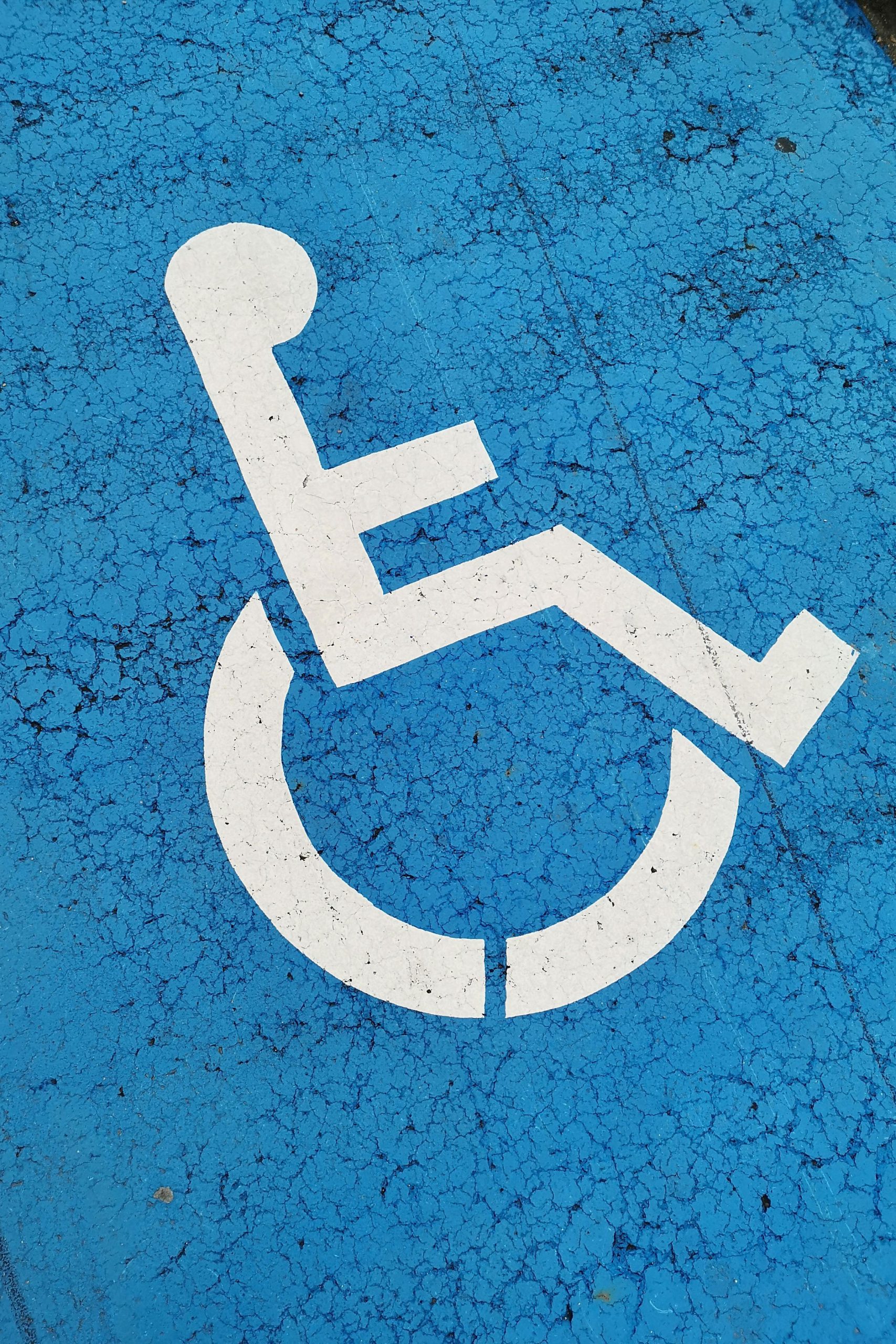 On-the-job injuries can sometimes result in employment termination when the injury prohibits you from completing your work. When this happens, state-funded disability retirement benefits can keep former employees financially afloat; however, eligibility for such benefits depends on how long you have worked for the employer and when you file your claim.
On-the-job injuries can sometimes result in employment termination when the injury prohibits you from completing your work. When this happens, state-funded disability retirement benefits can keep former employees financially afloat; however, eligibility for such benefits depends on how long you have worked for the employer and when you file your claim. Employees are often exposed to stressful situations while at work, whether from unhelpful coworkers or understaffing. Under what circumstances are resulting mental injuries entitled to workers’ compensation?
Employees are often exposed to stressful situations while at work, whether from unhelpful coworkers or understaffing. Under what circumstances are resulting mental injuries entitled to workers’ compensation?  Medical testimony is an essential part of determining whether an injured worker has a valid claim. What happens if the doctors’ diagnoses conflict and they reach different conclusions about whether an injured worker can return to work?
Medical testimony is an essential part of determining whether an injured worker has a valid claim. What happens if the doctors’ diagnoses conflict and they reach different conclusions about whether an injured worker can return to work?